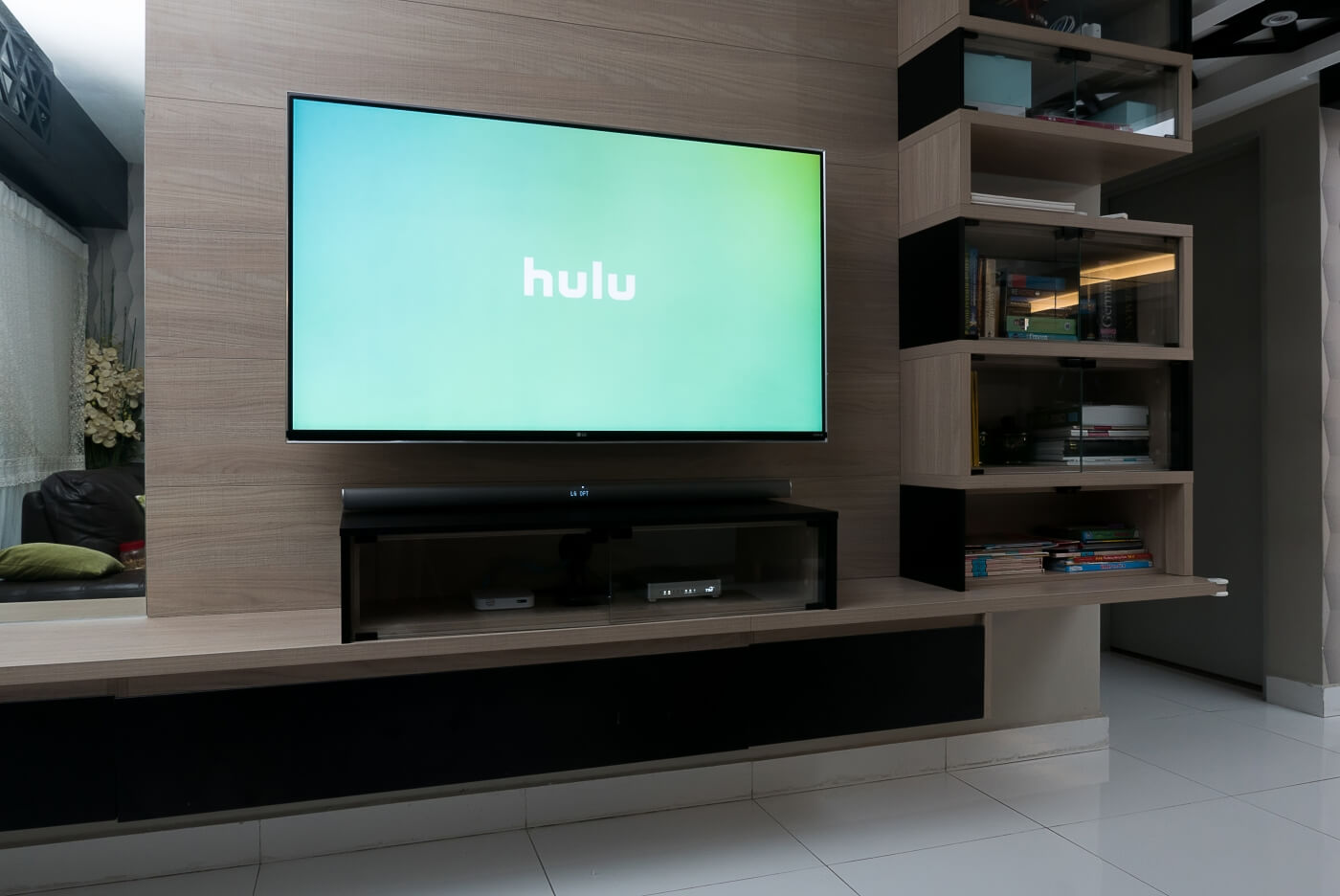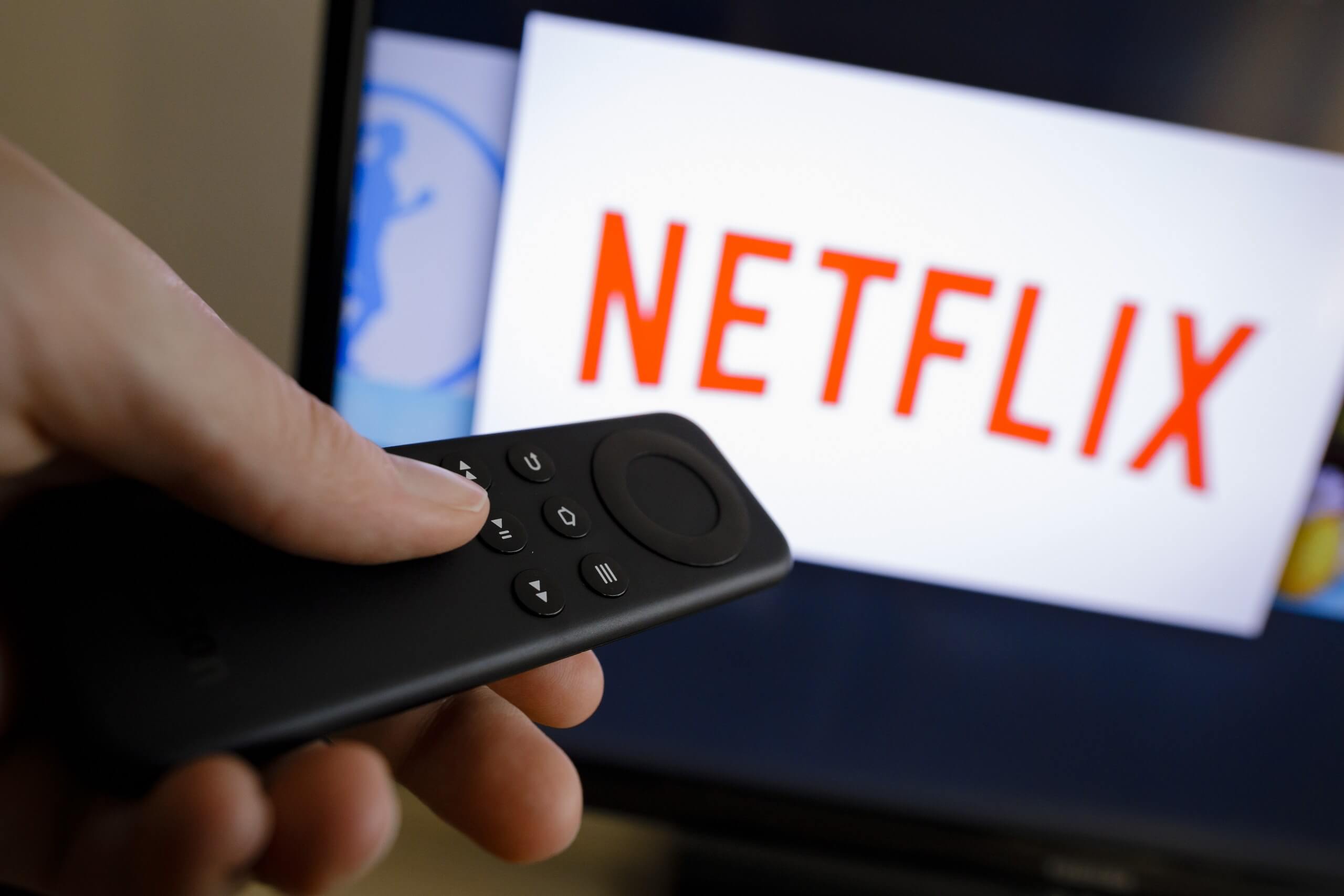Why it matters: Towns across the US have waged a legal battle for yrs to get streaming solutions like Netflix and Hulu to pay back regional governments the similar costs cable corporations do. The most current situation in that battle has arrived at the Ohio Supreme Court docket and could price tag the streaming firms millions.
About 2,000 US towns have brought a federal class-motion lawsuit versus Netflix and Hulu, arguing they need to fork out franchise charges to town governments. As component of the accommodate, the Ohio Supreme Court is at present determining no matter if to determine the two providers as “video services vendors” at the ask for of the town of Maple Heights.
Less than a 2007 legislation, cable businesses described as “online video service vendors” ought to spend five per cent of their gross earnings to each individual Ohio metropolis in which they work. Identical legislation exist across the US. A person scenario in Georgia last 12 months threatened to value Netflix $5 million.

Netflix and Hulu argue all those charges really should only utilize to entities that lay down cables for companies like cable and Internet. Neither company runs or controls any cables.
“The statute is pretty crystal clear. This is about people who dig. They must spend,” said Ohio Deputy Solicitor Standard Mathura Sridharan. “If they really don’t dig, they don’t pay. And I assume that is the core theory that animates this total situation.”
Having said that, Maple Heights attorney Justin Hawal argues that Netflix and Hulu need to shell out for the reason that wire reducing is getting enterprise away from the cable providers that do pay back, successfully decreasing town revenues. Even with not laying their personal cables, Netflix and Hulu contend with cable organizations by supplying much of the similar content and creating their very own.

Ohio Supreme Court Justice Jennifer Brunner pointed out that the scenario singles out Netflix and Hulu without having mentioning equivalent providers like Roku, Apple, and YouTube. All three make content for their streaming services.
Netflix lawyer Gregory Garre argued that implementing the franchise fee law to streaming providers could likely include any individual who streams their own information on the web. He claimed that could signify universities, churches, or courts.

A Dropped Angeles judge granted Netflix and Hulu a victory from a California city this 7 days in excess of the exact same concern. A principal issue in the streaming services’ winning argument is that franchise service fees used to them should also apply to HBO, Disney, and Amazon, which the case failed to contain.
Comparable situations have happened in Texas, Nevada, Arkansas, Tennessee, Indiana, and somewhere else. The 1st court to rule versus Netflix and Hulu was in Missouri. Significant streaming companies look like an apparent resource of additional earnings for municipalities, but if compelled to pay back, they could pass those costs to subscribers.

